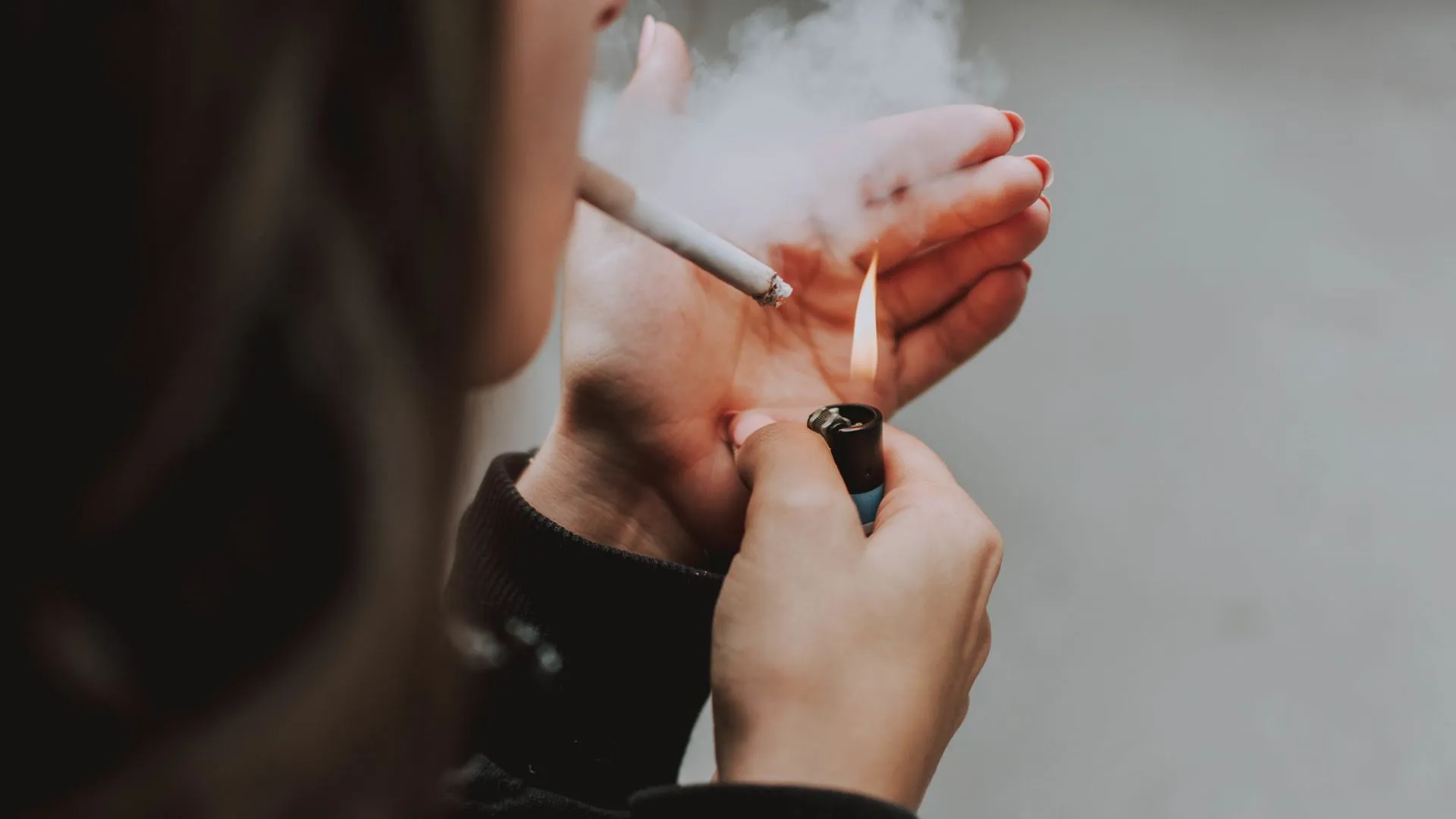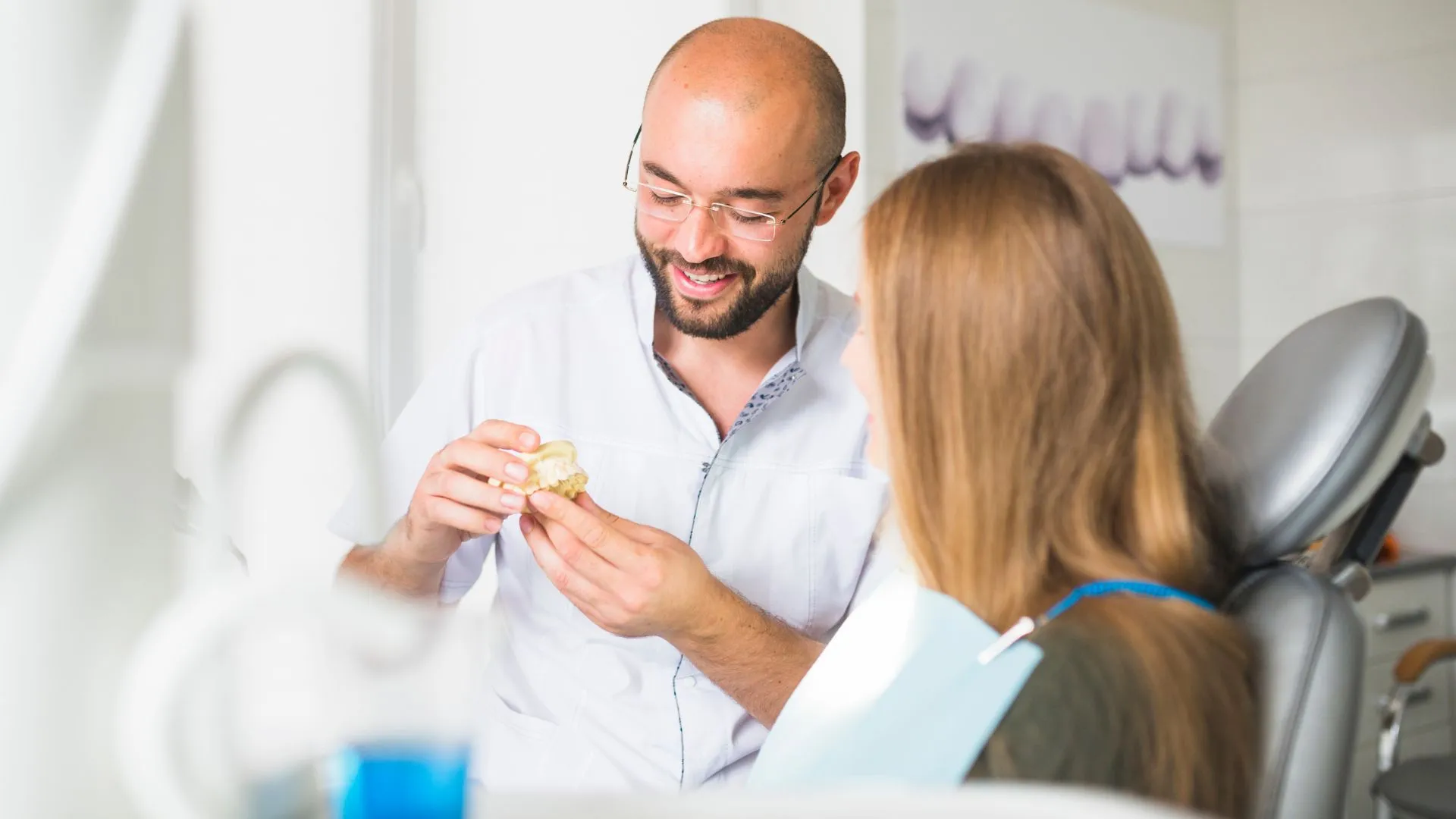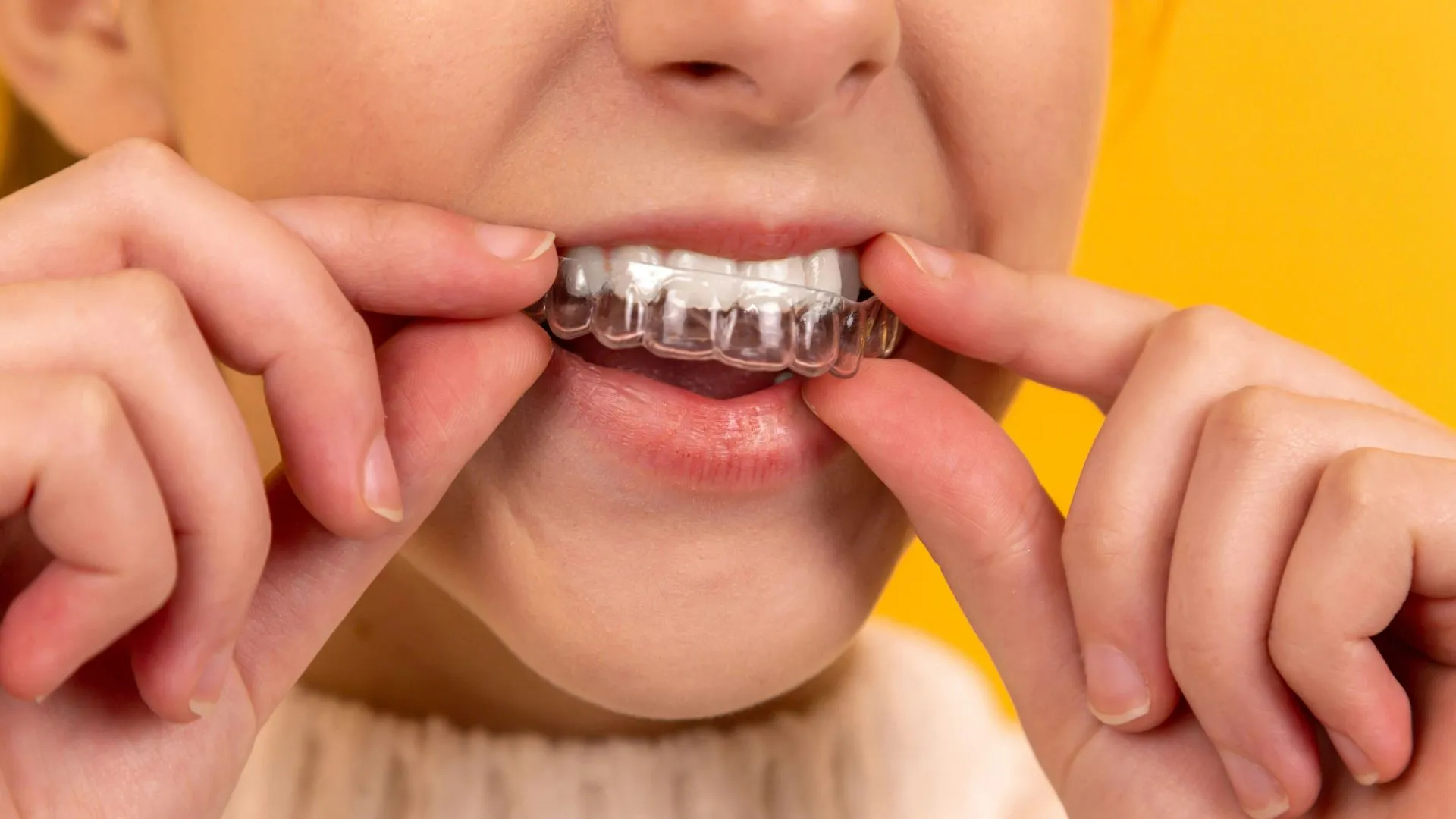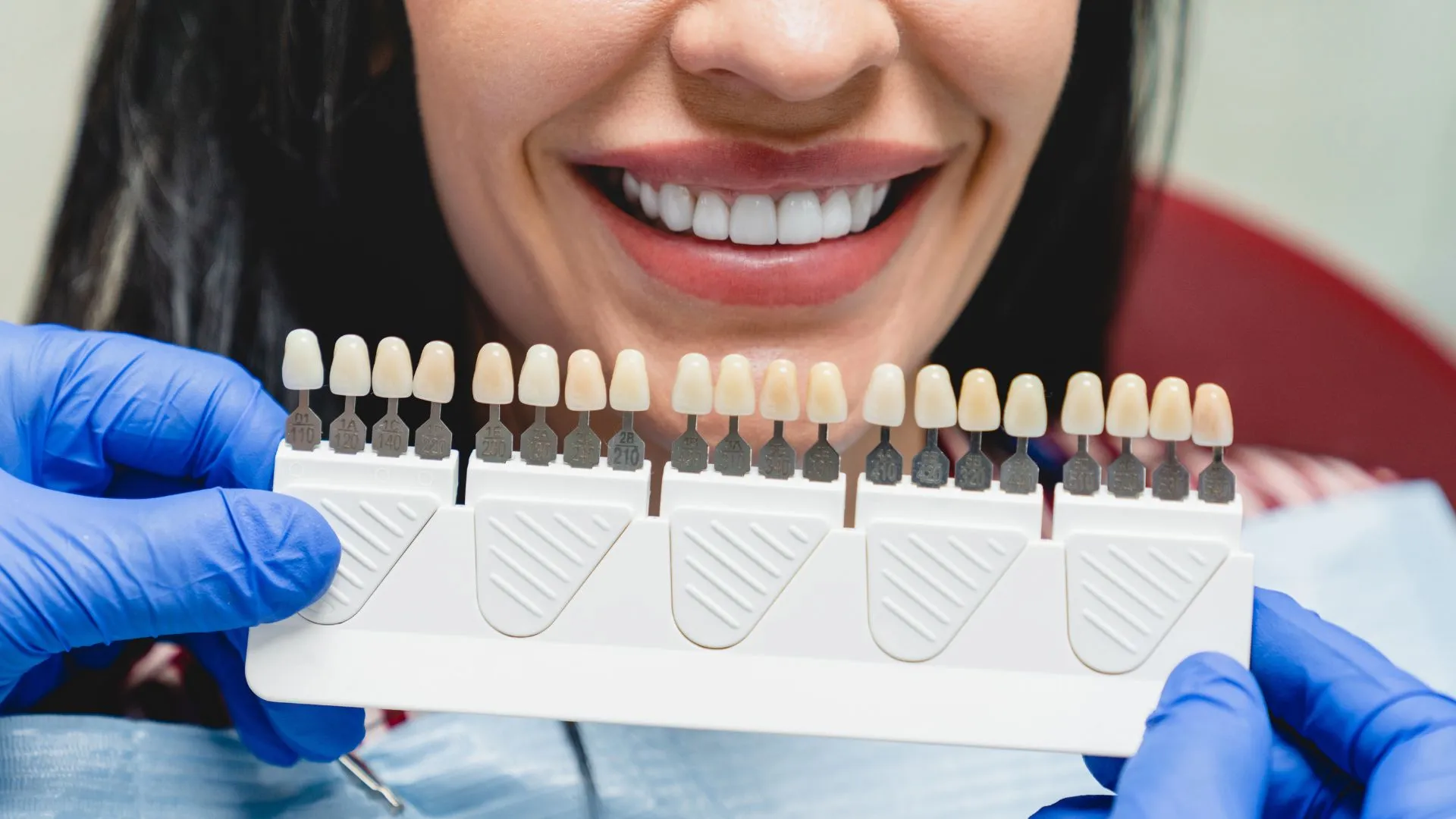Are you concerned that your smoking habit might complicate your tooth extraction procedure? Tooth extractions can be harsh on the teeth and gums and require days of careful healing and pain. If you have been regularly smoking for years, your healing…
Are you concerned that your smoking habit might complicate your tooth extraction procedure? Tooth extractions can be harsh on the teeth and gums and require days of careful healing and pain. If you have been regularly smoking for years, your healing process might be longer than non-smokers due to weaker gums and poorer dental conditions. Post-surgery, additionally subjecting your sensitive mouth to smoking, can prove to be dangerous in more ways than one. Through this blog, we will walk you through the possible complications that can arise by smoking after a tooth extraction, how long you must avoid smoking to prevent these, and the aftercare you need after oral surgery.

Smoking increases the chance of complications after removing teeth
Besides tobacco in itself being a gum irritant that can increase the chances of developing infections in patients, smoking involves exposure to other chemicals that can be harmful to the soft tissues in your mouth after tooth extraction. These chemicals are responsible for staining the teeth, darkening and hardening the gums, and making your mouth prone to contracting oral diseases. When you undergo a tooth extraction surgery, your mouth becomes several times more sensitive. To avoid making it worse, avoid smoking for at least a couple of days after oral surgery. However, if you are an avid smoker and it is hard to withhold despite the advice, you must first educate yourself about the associated risks.
How soon can I smoke after wisdom tooth extraction?
To avoid the above-discussed risks, it is in your best interest to abstain from smoking for as long as possible. But if you are a habitual smoker and fear severe withdrawal symptoms, your dentist/ oral surgeon will be the right person to ask this question. According to the extent of surgical complications in your particular case, the doctor will advise you to avoid smoking for about two days to 1 week. In most cases, the time period is 72 hours from the time anesthesia wears off. That being said, if you have been planning to give up the habit for your health’s sake, a wisdom tooth extraction might be just the right opportunity to quit smoking. And if you do decide to take the leap with the help of some medication, don’t forget to consult your dentist to check its compatibility with your ongoing post-surgery treatment.
What happens if you smoke after a wisdom tooth extraction?
If you end up smoking soon after the surgery, here are some of the symptoms that you are highly likely to develop:
- The healing process substantially slows down.
- The pain after the surgery increases in intensity and lasts longer.
- Your teeth will become more prone to accumulating plaque and bacteria, leading to foul-smelling breath.
What are the risks of smoking?
The most commonly seen risk of smoking after a wisdom tooth extraction includes the formation of a dry socket. A dry socket is a condition wherein a blood clot after the surgery moves out of the extraction location. In most cases, this happens because of the sucking movement used for smoking, which can pull off the clot, or the chemicals that can dissolve the clot sooner than usual. For those who are new to oral surgery, this blood clot is particularly important to ensure proper healing of the wound. If it moves earlier due to any reason and results in a dry socket, it can be excruciatingly painful. Besides the risk of a dry socket, tobacco in the smoke can cause periodontal diseases that attack the gums, resulting in weakening the roots. This can cause teeth to fall out. Moreover, chemicals in the smoke can increase the chances of bacteria settling into the extraction location, thereby increasing the chances of decay.
What are some of the reasons for a wisdom tooth extraction?
Getting the wisdom tooth extracted is a fairly common practice. It is generally done to avoid unnecessary discomfort caused by molars’ crowding towards the rear end of the jaw. Your dentist might recommend an extraction if your dental X-rays show the wisdom tooth might down the line, or push the other set of molars and create painful biting problems for you. Besides these, there can be several other scenarios in which getting your wisdom tooth extracted could be the only viable option. Look out for the following:
- When there is irreparable damage or decay and the possibility of the infection seeping into the gums if the wisdom tooth is not extracted.
- When the wisdom teeth are placed in a position that is misaligning the position of your other molars.
- When the wisdom tooth is blocking the growth of an adjacent tooth stuck inside the gum.
- When the wisdom teeth are creating obstruction or overcrowding during a smile correction treatment.
However, if your condition doesn’t reflect either of the above scenarios, an extraction may not be necessary at all as several people live with their wisdom teeth all their lives without experiencing any pain or discomfort.
Aftercare
An oral surgery like wisdom tooth extraction can leave your mouth in a vulnerable state for some time. It is crucial to ensure that the clot doesn’t dislodge and leave you with a dry socket. This means you cannot rinse your mouth, spit, or use a straw for at least 24 hours until the clot dries completely. The next day, use a mild salt solution to rinse your mouth. Maintain proper oral hygiene to ensure bacterial infections are at bay. It is also recommended to limit your physical activity after a tooth extraction to be able to manage the pain better.
Conclusion
To wrap it all up in a nutshell, smoking after a tooth extraction surgery can have adverse effects on your recovery and overall oral health. The pain may become hard to handle even with all the medication. It is, therefore, best if you can fight shy of smoking for at least 2-3 days after your surgery, or even longer if your doctor’s recommendation says so. If you are still feeling skeptical about getting a wisdom tooth extraction, being a smoker, don’t hesitate to contact us. To get the best consultation for all your dental problems, request an appointment today!



